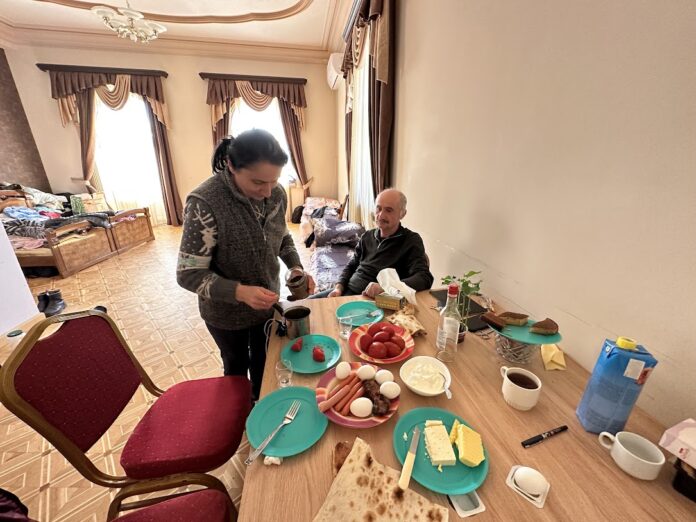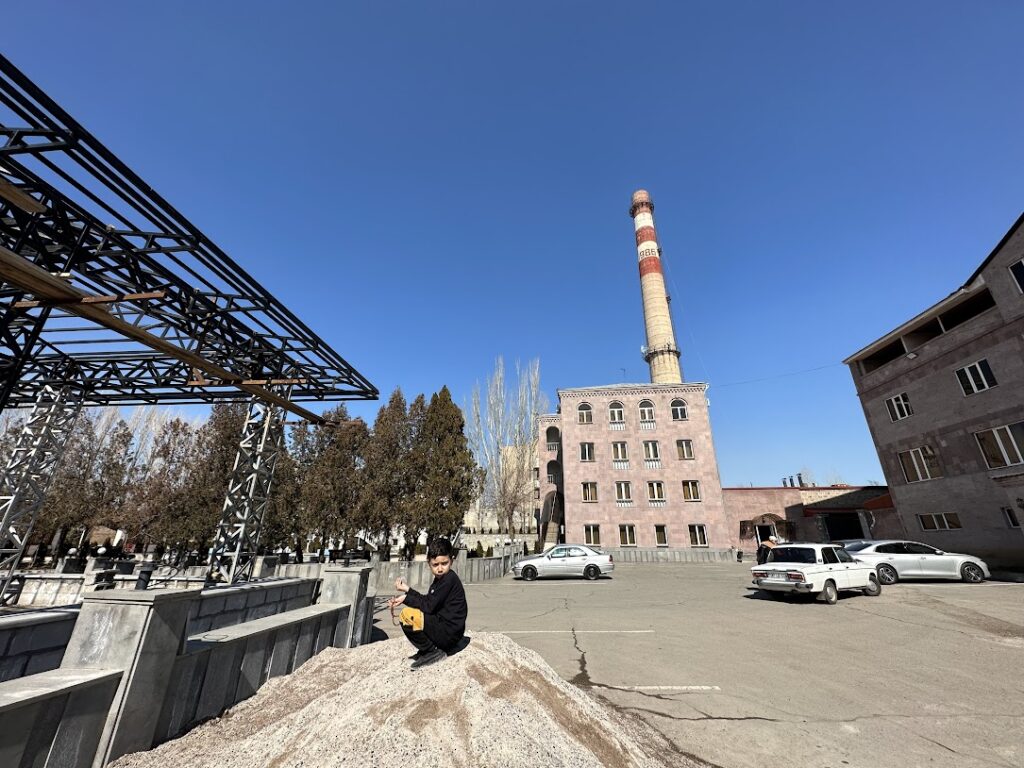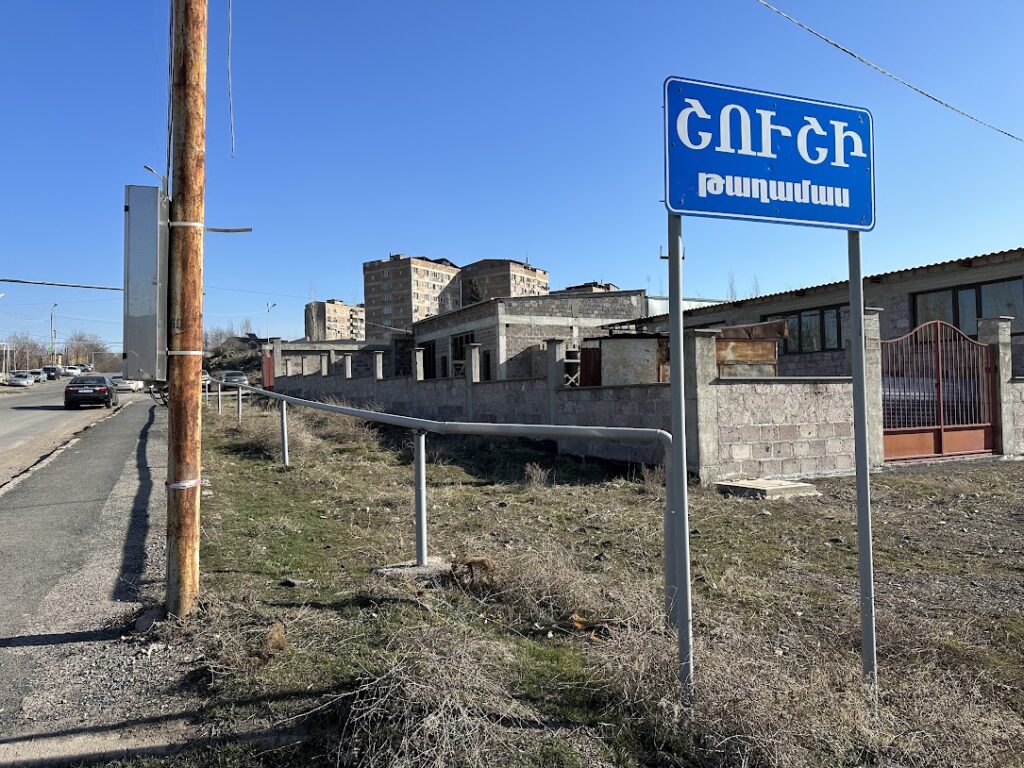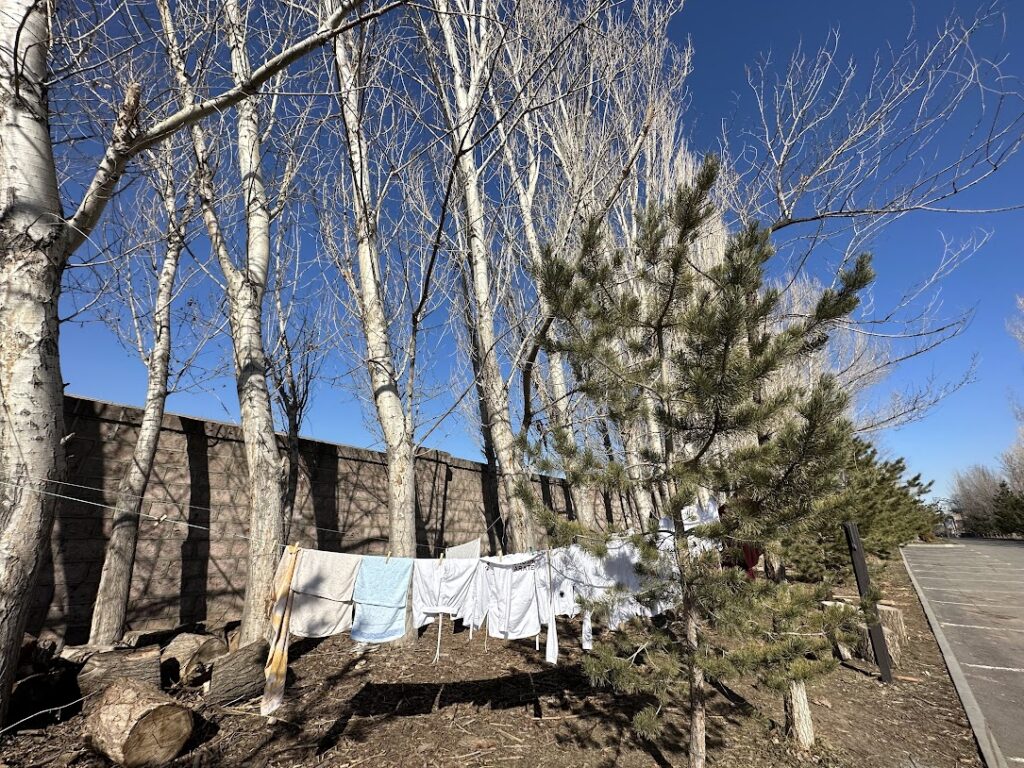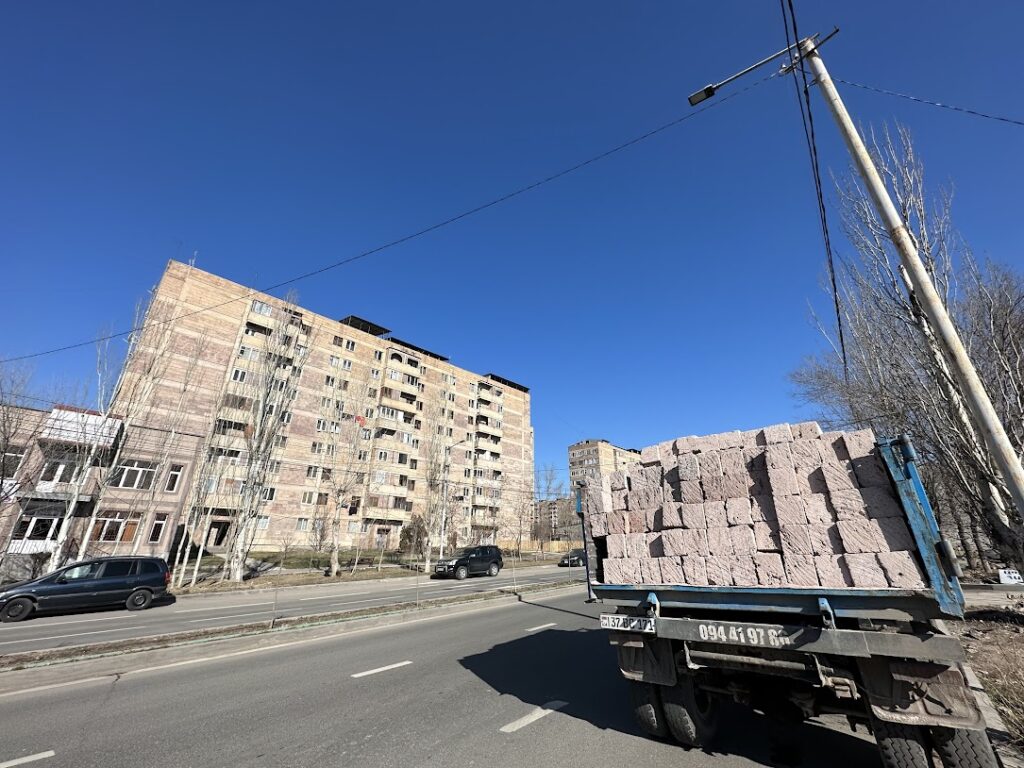ABOVYAN, Armenia — Almost every day, those of us from Artsakh forcibly relocated to Armenia attend a funeral ceremony for the Karabakh Armenians here in Armenia. The pain from this situation is especially difficult for the older refugees.
“One dies from a heart attack, another from a stroke,” said Shoushan Hayrapetyan, 50, who has been displaced for the second time. During the 2020 war Azerbaijanis occupied her husband’s village, Aknaghbyur, in Artsakh and her family moved to the capital, Stepanakert. After the September war in 2023, like all the Artsakh Armenians, her family found itself living in Armenia.
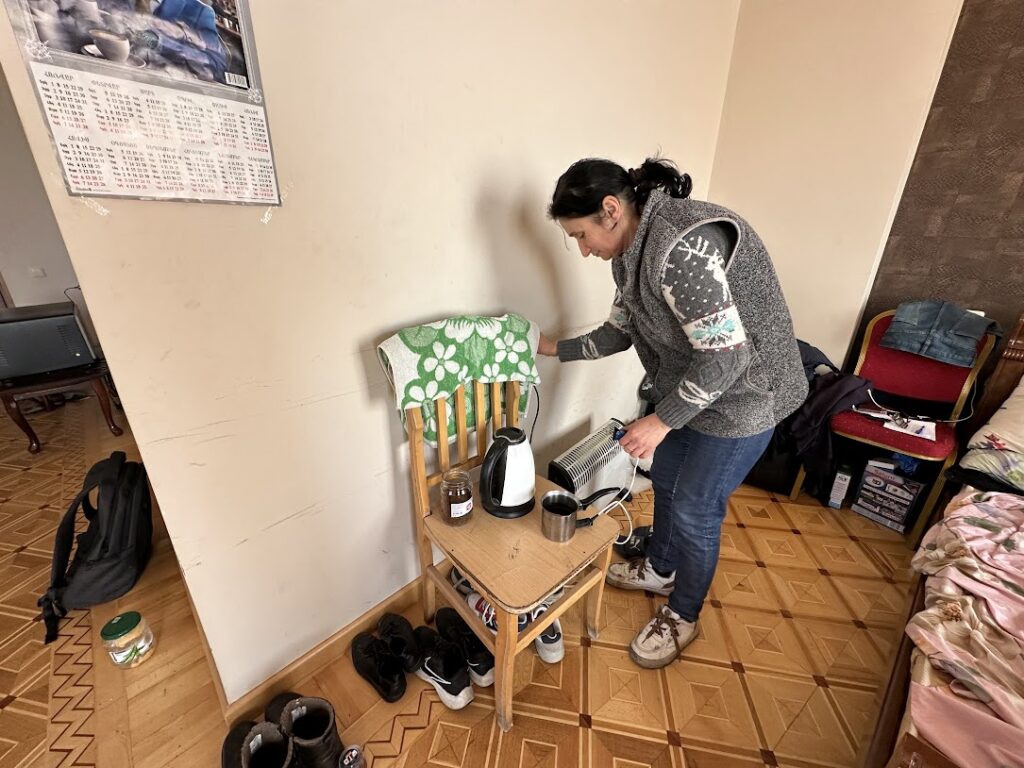
She continued, “It’s been a year since my mother’s death. She passed away during the Artsakh blockade [December 2022 through the forcible displacement of the Armenians]. Via the Red Cross we tried to take her body to Artsakh to bury her next to my father in our native village, Vaghuhas, but it didn’t work. Seeing how Azerbaijanis destroy the graves of Armenians, in Karabakh we consider ourself lucky that we buried her here in Armenia. At least we would have a place to go to lay flowers. My mother was an old woman, for better or worse, she lived her life but what about those who lost their 18-20 year-old sons during the war — what will happen to their graves in Artsakh? I can feel their pain, but what can I do?”
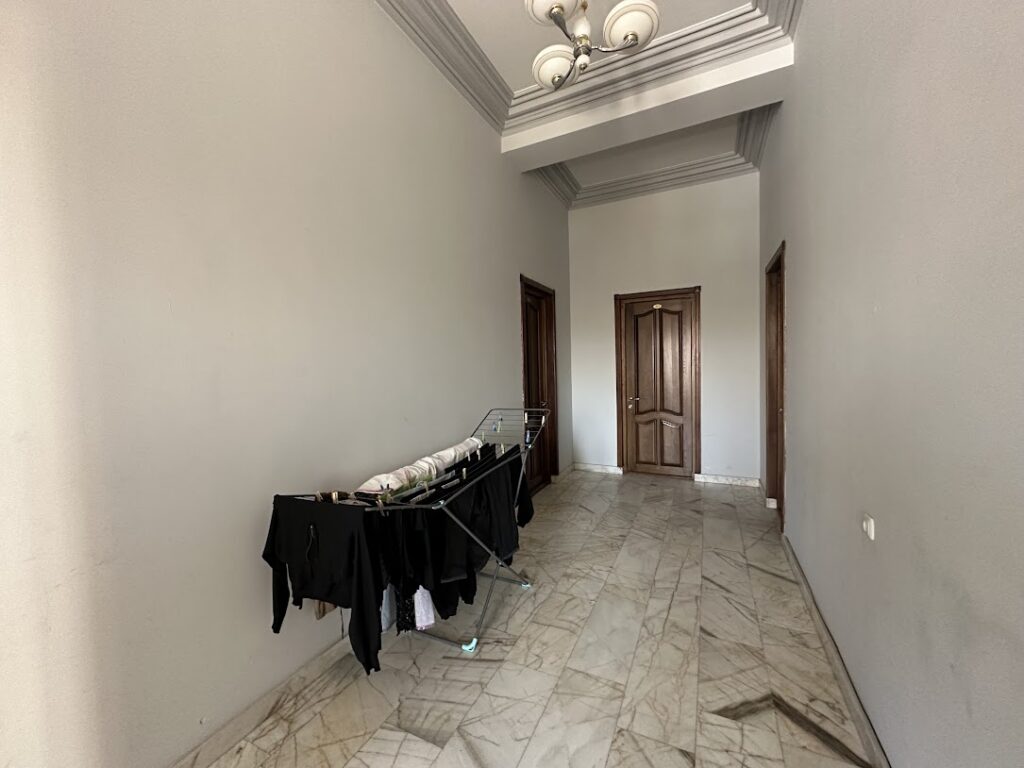
A semblance of life goes on. Women hang their laundry to dry in the Hin Parvana hotel in Abovyan, where many forcibly displaced persons from Artsakh live. Each family cooks and sleeps in a single hotel room. The owner of the hotel has assigned each family a room, for which they pay rent each month.
“Arriving in Armenia, we entered a gas station to fill up the car. There were American-Armenian students there, knowing that we are from Artsakh, they asked ‘where are you going?’ ‘We don’t know,’ I replied, ‘we are thinking of spending the night in the car until morning.’
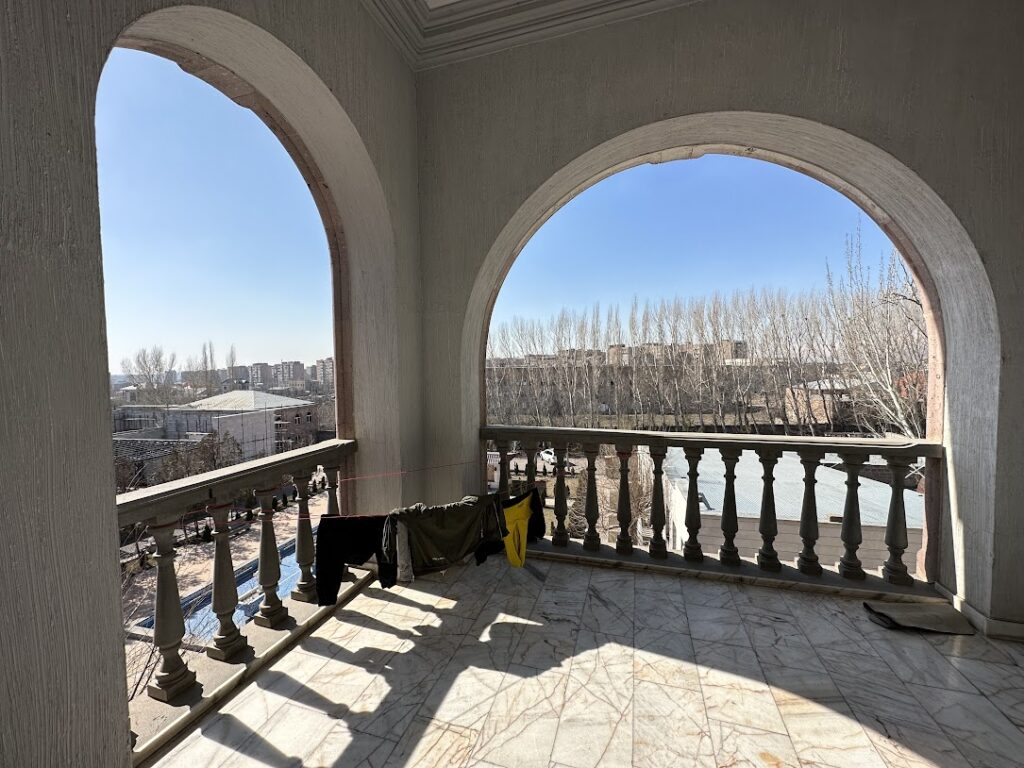
“They helped us to push the car because we ran out of fuel. They called some American-Armenian, Vrezh, then they said we have found accommodation for you in Abovyan. That’s how we ended up here. I am so thankful to these students. Anyway, the period of stay in this hotel has passed, but the owner is a kind person, he says he knows that if he were to drive us away in the cold winter, we would have nowhere to go. All the same, we know that we cannot stay here forever,” Shoushan said. “I am mom of 4, I had to send the older two to Russia, to relatives, and we live in this one room with my other two children. We have been looking for an apartment for rent for more than a month, but the prices are too high for us. Neither I nor my husband can find a job. I have worked in the medical field in Artsakh for many years, but they don’t hire me here, they say we can’t hire people over 50.”



